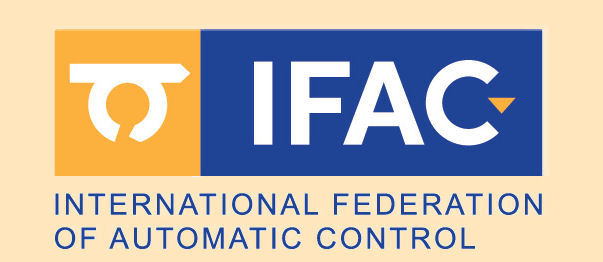| Paper TuAT4.4
Sauer, Timm (University of applied sciences Aschaffenburg), Spielmann, Luca (University of applied sciences Aschaffenburg), Gorks, Manuel (University of applied sciences Aschaffenburg), Zindler, Klaus (University of Applied Sciences Aschaffenburg), Jumar, Ulrich (ifak - Institut f. Automation u. Kommunikation)
Automatic Track Guidance of Industrial Trucks with Time-Variant Vehicle Parameters Using AI-Based Controllers
Scheduled for presentation during the Regular Session "Vehicle Dynamics and Control" (TuAT4), Tuesday, August 30, 2022,
11:00−11:20, Ballroom
10th IFAC International Symposium on Advances in Automotive Control, August 28-31, 2022, Columbus, Ohio, USA
This information is tentative and subject to change. Compiled on April 23, 2024
|


 This site is protected by copyright and trademark laws under US and International law.
This site is protected by copyright and trademark laws under US and International law.